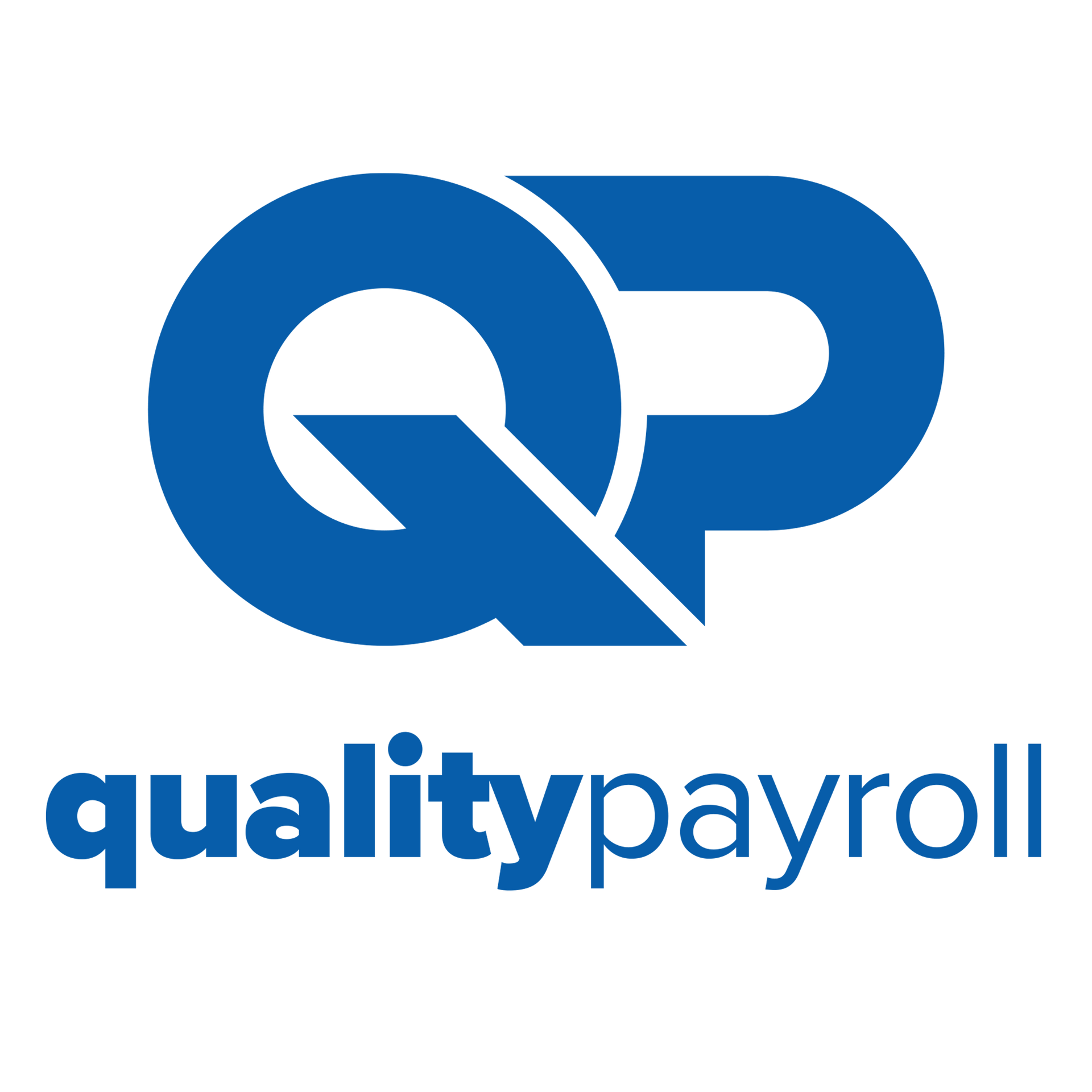Your Complete Guide to New Hire Reporting Compliance in Utah
Hiring a new employee in Utah comes with a set of legal obligations that employers need to follow meticulously. One key requirement is new hire reporting, a process that helps state agencies in collecting child support payments more efficiently but also has implications for unemployment insurance and workers' compensation. Every employer must understand these requirements to ensure they remain compliant and avoid any potential penalties. This document aims to provide a clear overview of what you need to know about reporting new hires within the state and breaking down the rules, deadlines, and processes involved straightforwardly.
Understanding New Hire Reporting in Utah: The Legal Framework
New hire reporting is a critical aspect of managing a workforce, and in Utah, as in the rest of the United States, it is a legal requirement for businesses. The regulations surrounding this requirement stem from both federal and state laws, each designed to ensure newly hired or rehired employees are reported to a centralized system. This process serves multiple purposes, including supporting the state's efforts to enforce child support orders.
At the federal level, the Personal Responsibility and Work Opportunity Reconciliation Act of 1996 mandates that all employers report new hires to the state where the employee works. This law is implemented in Utah under the jurisdiction of the Utah New Hire Reporting Center, which operates under the Utah Department of Workforce Services. The primary aim here is to streamline the reporting process and enhance the efficiency of the state’s child support enforcement program.
The specific state legislation that governs new hire reporting in Utah outlines the information that must be included in the reports, such as the employee's name, address, social security number, and date of hire. Employers are required to provide their details, including the federal employer identification number (FEIN) and the address where the employee is working. This comprehensive approach to gathering data is critical for the efficient functioning of programs reliant on employment information.
Compliance with these reporting requirements is not merely about fulfilling a legal obligation. It also represents a significant contribution to broader state efforts, particularly in combating employment fraud and ensuring compliance with child support orders. Timely and accurate new hire reporting allows the Department of Workforce Services to cross-reference data and identify discrepancies that may point to fraudulent employment practices. By ensuring accurate records are kept from the outset of employment, businesses play a critical role in facilitating the state's child support enforcement initiatives, which rely on up-to-date employment information to ensure that support payments are made regularly and in full.
For businesses in Sandy and Hurricane, understanding the nuances of these requirements is pivotal. Not only does it ensure compliance, but it also positions these businesses as responsible contributors to state efforts to ensure a fair and equitable labor market. Engaging with these requirements is a step towards streamlined payroll management and the creation of a compliant, ethical business environment.
The Nitty-Gritty: Documents and Information Required for Reporting
For businesses in Utah, especially those based in Sandy and Hurricane, compliance starts with understanding the specifics of what needs to be reported for new hires. The cornerstone of new hire reporting in Utah is a comprehensive set of employee and employer information. Employers must include the employee's full name, address, social security number, and hire date. From the employer's side, the report must contain the business name, address (both mailing and physical, if different), and the Federal Employer Identification Number (FEIN).
To streamline this process, Utah provides a standard New Hire Reporting form available for download on the Utah Department of Workforce Services website.
- Start by entering the date of the report.
- Include both the employee's and employer’s information as outlined above.
- Specify the employee's work location, critical for businesses operating in multiple cities or states, like those with locations in both Sandy and Hurricane.
- Check off if the employee is rehired or returning from leave, as this affects the submission process.
This form, once completed, ensures compliance with Utah's new hire reporting requirements, capturing all necessary details for state records.
Time Frames and Submission Methods: Navigating through Deadlines and Platforms
Utah law mandates that this information be submitted within 20 days of the employee's hire date. This timeframe allows the Department of Workforce Services to promptly update their records and ensures that employers avoid any potential penalties for late reporting.
Understanding the different submission methods available is crucial for timely compliance. Utah employers can choose among several convenient options to submit their new hire reports:
Online
Utilizing the Utah New Hire Reporting Center’s website for fast and secure submission.
Mail or Fax
Sending completed forms to the provided address or fax number is a viable option for those who prefer traditional methods.
Businesses in regions like Sandy and Hurricane should note these methods' availability to ensure that their process for reporting new hires aligns with state requirements and timelines. Adopting the most convenient and reliable submission method for your business model can significantly ease the compliance process.
Timely and accurate reporting is not just about avoiding penalties; it's a fundamental component of an efficiently running business. Understanding and utilizing the correct documents, filling out forms with attention to detail, and adhering to submission deadlines are all key steps in maintaining compliance with Utah's new-hire reporting requirements.
Why Compliance Matters: The Benefits of Diligent New Hire Reporting
Compliance with new hire reporting in Utah is not merely a legal formality—it's a cornerstone of efficient business operations and a sign of good corporate citizenship. Staying compliant with these requirements has tangible benefits for employers beyond just avoiding penalties. It significantly aids in efficient payroll management and effective benefits administration. When new hires are reported timely, it ensures that employee records are current, simplifying the processes related to payroll deductions and contributions to retirement plans and health insurance.
This not only cuts down administrative hassles but also builds trust among employees by showcasing a commitment to prompt and accurate handling of their employment details. Meticulous new hire reporting plays a pivotal role in bolstering the state's efforts to combat employment fraud and enforce child support orders. By submitting accurate and timely reports, businesses in Utah contribute to a fairer labor market and assist in ensuring that children receive the support they deserve. This collaboration between businesses and state efforts fosters a healthier economy and a more secure community for everyone.
Future-Proofing Your Business: Staying Updated with Compliance Requirements
The landscape of employment law and compliance requirements is ever-changing, necessitating businesses to stay informed and agile. For companies in Sandy, Hurricane, and beyond, remaining updated with the latest in legislation and new hire reporting nuances is crucial. Engaging with professional payroll and HR services, attending pertinent webinars, and subscribing to official communications from the Utah Department of Workforce Services can be effective strategies for keeping abreast of changes. Many businesses are integrating sophisticated payroll software solutions that automate compliance checks and new hire reporting, reducing the margin for error and freeing up valuable resources to focus on core business growth activities. Investing in such technologies not only aids in compliance but also positions businesses advantageously for future developments in employment legislation.
Ensuring compliance with Utah's new hire reporting requirements is a multi-faceted effort that extends beyond meeting legal obligations. It is about contributing to the state's initiatives against employment fraud, facilitating effective payroll and benefits administration, and maintaining a business operation that is both resilient and responsible. By embracing compliance as a part of corporate ethos, businesses in Utah can not only avoid penalties but also contribute significantly to the well-being of their employees and the broader community. Making compliance and diligent reporting part of your operational foundation is indeed
future-proofing your business in the most comprehensive sense.
Ready to ensure your business is fully compliant with new hire reporting in Utah? Reach out to My Quality Payroll today, and allow our team of experts to assist you every step of the way.










